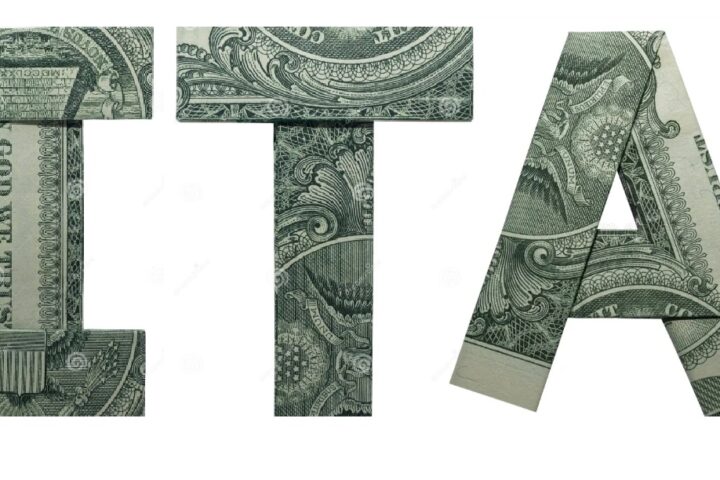What is Form 1099-NEC? Starting with the 2020 tax year, the IRS requires businesses to use the new Form 1099-NEC to report nonemployee compensation – not Form 1099-MISC, which was previously used.
Filing Taxes With a 1099-NEC
If you are self-employed and receiving any type of 1099 forms, you should be using a tax preparation expert, like Ken-Mar Tax, to discuss your tax deduction strategies. As a self-employed, independent contractor, you will be receiving your 1099-NEC and other 1099 forms by Jan. 31 each year – however, you may need to account for delayed mail in 2021.
NEC, in the 1099-NEC, stands for non-employee compensation and many freelancers, those in the gig economy, independent contractors, real estate agents and income earners that do not receive a W-2 from an employer, will likely be getting some form of 1099 for filing taxes.
Using Form 1099-NEC to Report Nonemployee Compensation
If you are looking for more information about whether or not you should be using Form 1099-NEC to report nonemployee compensation visit the IRS website and find downloadable Form 1099-NEC files to use.
If your company paid an independent contractor more than $600 during the year, you will be required to file Form 1099-NEC. The reportable payments need to be made in the course of your trade or business. Some examples could include:
- Paying a professional service provider such as accountants, marketing firms, software engineers, or law firms
- Fees paid by one professional to another i.e business coaching, consulting
- Sales commissions to non-employees i.e. real estate brokers
You do not file the 1099-NEC for independent contractors registered as a C corporation or an S corporation.
Filing Taxes With a 1099-NEC as Income
If you are an independent contractor, a Realtor, self-employed as an LLC, sole proprietor, an Uber driver, Door Dash driver, worked for Instacart or various other methods of generating self-employed revenue, you will receive a 1099-NEC which entitles you to several self-employed tax deductions. Typically you will fill out a schedule C, schedule SE and your 1040 with the information from your 1099 forms.
Maximize Your Self-Employed Tax Deductions
At Ken-Mar Tax, our enrolled agent, Ken Weinberg, is the quintessential expert on tax reduction strategies for the self-employed. Whether you picked up some odd jobs freelancing, driving or delivering groceries during the coronavirus pandemic, or running an Etsy store, selling real estate or consulting is your full-time career, once you’re filing a 1099 you should be aware of the additional tax deductions you’re entitled. Some examples include:
- Graphic Designer: Tax deductions for home office, graphic design software, billing software, marketing expenses, business networking groups, business education, etc …
- Real Estate Agent: Tax deductions for home office, miles driven / transportation expenses, dining with clients, events for your team, office expenses, real estate signs, expenses for photography, marketing, etc…
- Uber Driver: water bottles for passengers, music services (Spotify or satellite radio), car detailing, mobile phone, car loan, home office, (read more in post: Uber Driver Tax Specialist
Preparing your taxes yourself when you are self-employed is not a risk worth taking. You could accidentally inflate the tax deductions your entitled by the IRS and be subject to tax audits and penalties. On the other hand many self-employed self-filers are too conservative when filing taxes and wind up over-paying the IRS. If you get a 1099 in 2021 for 2020 income, schedule your tax preparation in-person, over-the-phone or Zoom meeting with Ken-Mar Tax.




